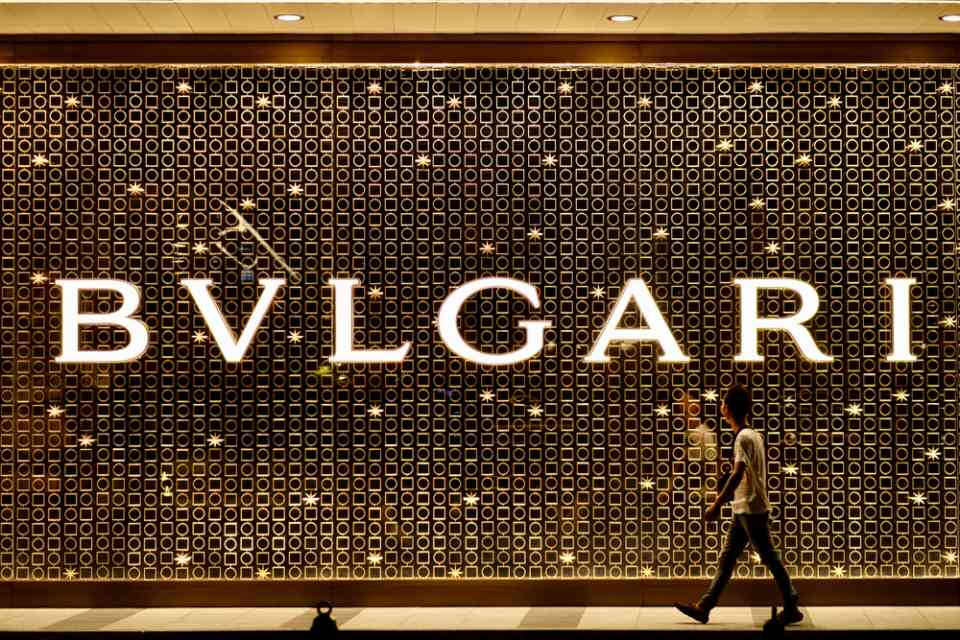Italian luxury brand Bulgari is gearing up to expand its network of stores across mainland China, confident in the growth potential of its online channels to drive future sales. CEO Jean-Christophe Babin remarked at the China International Import Expo (CIIE) in Shanghai that, while Bulgari already holds a strong presence in China, there remains a significant opportunity to elevate the brand’s influence further.
Despite an economic slowdown impacting Bulgari’s sales this year, Babin suggested the luxury market could rebound within the next two years as China’s economy stabilizes. He noted that the online segment has shown resilience, benefiting from a broad client base and consistent growth. Bulgari, a subsidiary of LVMH, has established online stores across multiple Chinese e-commerce platforms, including a dedicated luxury section on Alibaba’s Tmall.
As Bulgari marks its 140th anniversary, its footprint in China has expanded significantly since the brand’s modest 12-square-meter debut store in 2004. Today, Bulgari operates over 100 stores across 40,000 square meters in China, employing 1,500 staff members, with plans to further bolster its presence in this crucial market.
Following the COVID-19 pandemic, Chinese consumers engaged in “revenge buying,” pushing luxury sales to record levels in 2023. Yet, amid economic uncertainties, many within China’s middle class have adopted more practical spending habits, focusing on savings due to a struggling property market, stock market losses, and an overall uncertain financial landscape.
The luxury sector has felt the effects of this shift. LVMH reported a 16% decline in sales across Asia (excluding Japan) in the third quarter, following a 14% drop in the previous quarter. Additionally, China’s falling marriage rate could indicate potential challenges for the jewelry segment. However, Babin expressed optimism about jewelry’s long-term appeal, considering it “timeless” and symbolic. He noted that although fewer people may be getting married, there are still growing demographics exchanging jewelry as gifts.
Babin observed that while some luxury categories have seen a slowdown, Chinese consumers continue to perceive gold items as valuable. Additionally, he noted that while years ago, many Chinese buyers hesitated to purchase luxury goods online, the market has since adapted. Consumers now appreciate the security and convenience of online shopping for luxury products.
Although some Chinese consumers are making purchases abroad, with McKinsey reporting a trend toward Japan to take advantage of currency exchange rates, China remains a core market for Bulgari. Babin underscored his belief in the long-term resilience of China’s economy. Reflecting on past Western economic crises, he highlighted Bulgari’s approach to focusing on fundamentals and turning challenges into opportunities. He expressed similar confidence in China’s ability to recover, reaffirming Bulgari’s commitment to growth in the region despite the current slowdown.
Have you read?
Best Fashion Schools.
Best Universities.
Best Medical Schools.
Best International High Schools.
Countries: Most Female Billionaires.
Add CEOWORLD magazine to your Google News feed.
Follow CEOWORLD magazine headlines on: Google News, LinkedIn, Twitter, and Facebook.
Copyright 2024 The CEOWORLD magazine. All rights reserved. This material (and any extract from it) must not be copied, redistributed or placed on any website, without CEOWORLD magazine’ prior written consent. For media queries, please contact: info@ceoworld.biz
CEOWORLD magazine – Latest – Banking and Finance –


